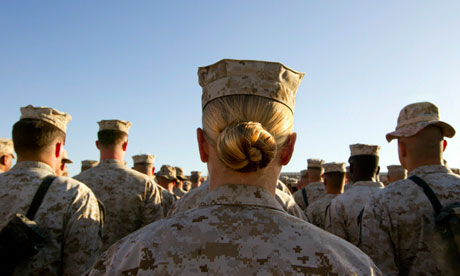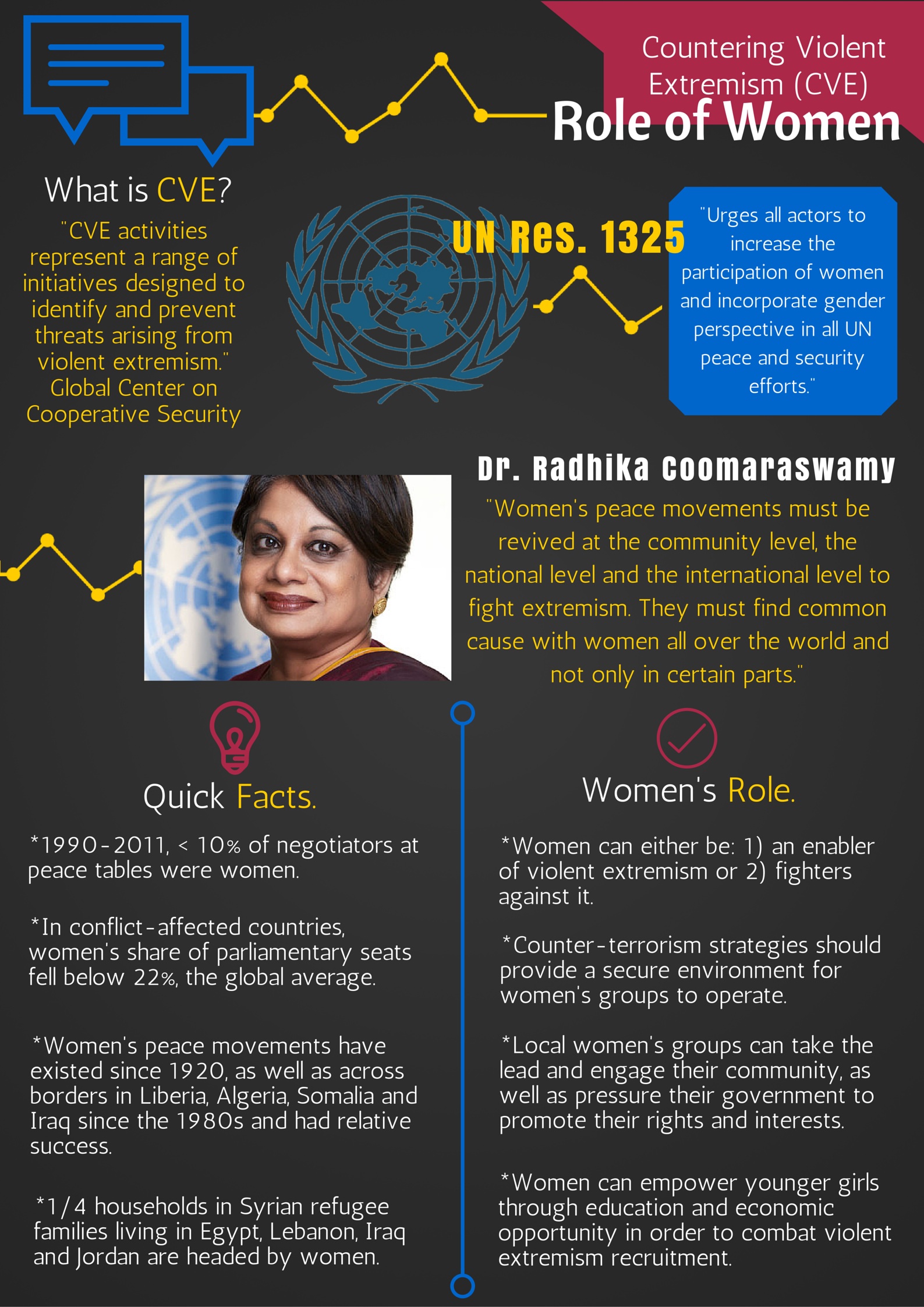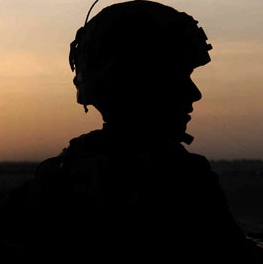“The nature of war doesn’t change just because some feminists kick up a fuss” Neil James, Spokesman of the Australian Defence Association

Last week, the Australian Defence Force [ADF] made an innovative and unconventional adjustment to their recruitment policies. The change of approach attempts to target women by allowing them to test-drive combat roles without any obligation to make a long-term commitment to a career in the military. Flogged with a series of sex scandals and reports of abuse, the ADF have recently faced a myriad of bad publicity regarding the treatment of their female members. Therefore, their policies towards women have shifted as a part of a larger attempt to promote women in the military. But this short-term tinkering with gender recruitment and retainment policies raises important questions about the impact of women’s roles in an organization riddled with discrimination and sexism.
The integration of women into the ADF has progressed at a very slow rate over the last 20 years. Currently, women make up 14 per cent of the 81,000 full-time personnel and active reservists of the ADF, a modest increase from 13.3 per cent in 2005 and 11.4 percent in 1990. There are many factors that account for the struggle to retain women in the military and it has only been within the last year that meaningful efforts to address those barriers have been made. The three elements analyzed here elucidate on institutional fabric that holds implicit suggestions about women’s physical capacity and the implications of having women present in such environments. Specifically, restrictive policies, culture of androcentrism, and the numerous sexual scandals represent fundamental hindrances to women’s retainment and upward mobility. The latter of the three will be explored in a subsequent piece.
The first notable element was a restrictive policy that banned women from holding a position in any defence jobs, including frontline combat, naval clearance diving positions, general infantry, and frontline artillery positions. For over a hundred years, the ADF has blocked women from obtaining defence position on the basis that the battlefield was deemed to be “too dangerous for a woman”. On September 27, 2011, however, Defence Minister Stephen Smith rescinded the ban allowing women to fill the ranks of the 7 per cent of jobs historically closed off to women based solely on their gender. The lift of this restriction elevated Australia to the level of gender equity standards currently held by the militaries in Canada, New Zealand, and Israel. Extending over a five-year period, the phasing out of this policy will also “enable Australia to remove its reservation from the United Nations convention on the elimination of discrimination against women.”
‘Getting Men in Trouble’
Despite the advancement of Australia’s reputation internationally, the repeal of this policy sparked significant adverse reactions from those within the ADF institutions. Keith Payne, for example, the nation’s oldest surviving holder of the Victoria Cross for gallantry is skeptical, arguing “If one of the ladies goes down – and one of the blokes stops to pick her up – then that is the wrong thing to do.” He continued by saying “You’re priority is to fight your way through the bloody objectives and then you come back and look after the casualties later.” The tacit supposition of Payne’s assessment goes beyond the belief that combat zones are unsuitable for female presence, though he outwardly asserted when he said “I don’t think it’s a place for women doing frontline duty”. In fact, what Payne and others have insinuated is that ‘ladies’ put men in harm’s way because they will hinder a man’s ability to “fight his way through.”
The spokesman for the Australian Defence Association [ADA], Neil James, has spoken perhaps even more candidly on the matter, claiming that feminists should consider the fact that women will “suffer disproportionate casualties compared to men just to satisfy their whims.” According to the ADA, “simple commonsense tells you that if you put women in some jobs where you directly fight enemy men… then we are likely to suffer more female causalities than male casualties.” But ‘commonsense’ in this is context appears to disregard the changing nature of warfare generally. Modern conflict has rapidly evolved in the way of technology, raising questions about whether measurements of physical and manual strength should remain as key determinants in women’s ability to fulfill leadership positions based on problem solving skills and intellectual capacity.

The views purported by such influential individuals carry with them unsettling assumptions about femininity and the role of women that reduces their agency within a military setting. While the organizational culture of military institutions has historically been built upon the promotion of androcentrism, the identity constructs of men/protectors and women/protected should be discarded as a thing of the past. These perceptions of antiquity that remain embedded in the mantra of the ADF, give rise to the second element limiting women’s advancement in this setting: military culture.
In November 2011, Elizabeth Broderick, Sex Discrimination Commissioner for the Australian Human Rights Commission conducted an audit of the ADF that revealed how the mistreatment of women has permeated the military institutions’ attitude and policies towards their female members. Her report, which was described by Defence Minister Smith as “deeply significant” makes 21 recommendations and concludes with the remarks that she is “not confident” women serving in the ADF “can and will flourish.” More specifically, Broderick “found a lack of understanding about the cultural and structural impediments to female representation, as well as a certain level of acceptance of a status quo that no longer reflects the needs of a contemporary fighting force.”
The temporary adaptation of recruitment policies seeks to cultivate a more open and gender integrative military culture that promotes equality and equity in opportunities for women within the defence institutions. Yet, the normative military culture embedded in the ADF that places overwhelming emphasis on the cohesion and maintenance of a male-centric environment, challenges the potential success of these short-term policies. While they may appeal to the curiosity of women who are interested in pursuing a career in defence, increased recruitment of women without addressing issues of sexism and discrimination that threatens the integrity of the ADF is unlikely to remedy the challenges identified by Broderick. The navy’s women’s strategic advisor, Commander Jennifer Wittwer, has said this approach is “unachievable in the short term.” She argues that “ensuring lone female pioneers were supported – and had a chance to themselves be role models for other women – would require mentoring, networking and strong encouragement from commanding officers.”
The ADF therefore requires a comprehensive reform in their perspective of gender that does not objectify women as weak and incapable of fulfilling physically demanding defence positions thus “suffer[ing] disproportionate casualties compared to men”. The success of this temporary policy will also require a critical evaluation of long-term strategies to appropriately address sexual abuse within the institution. Part II of this analysis will look at sexual assault in the ADF as a third contributor to the lack of advancement of women and one that challenges the effectiveness of this “test-drive” approach.




